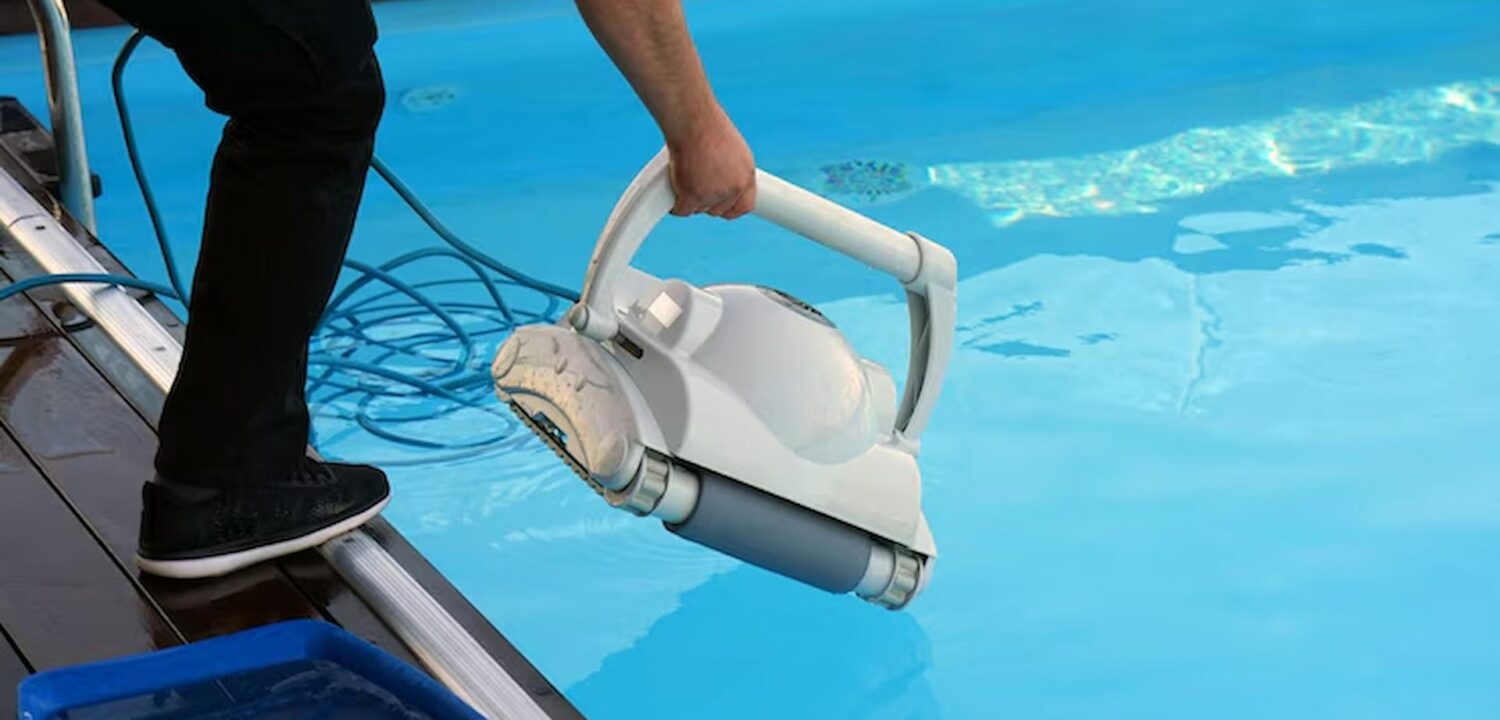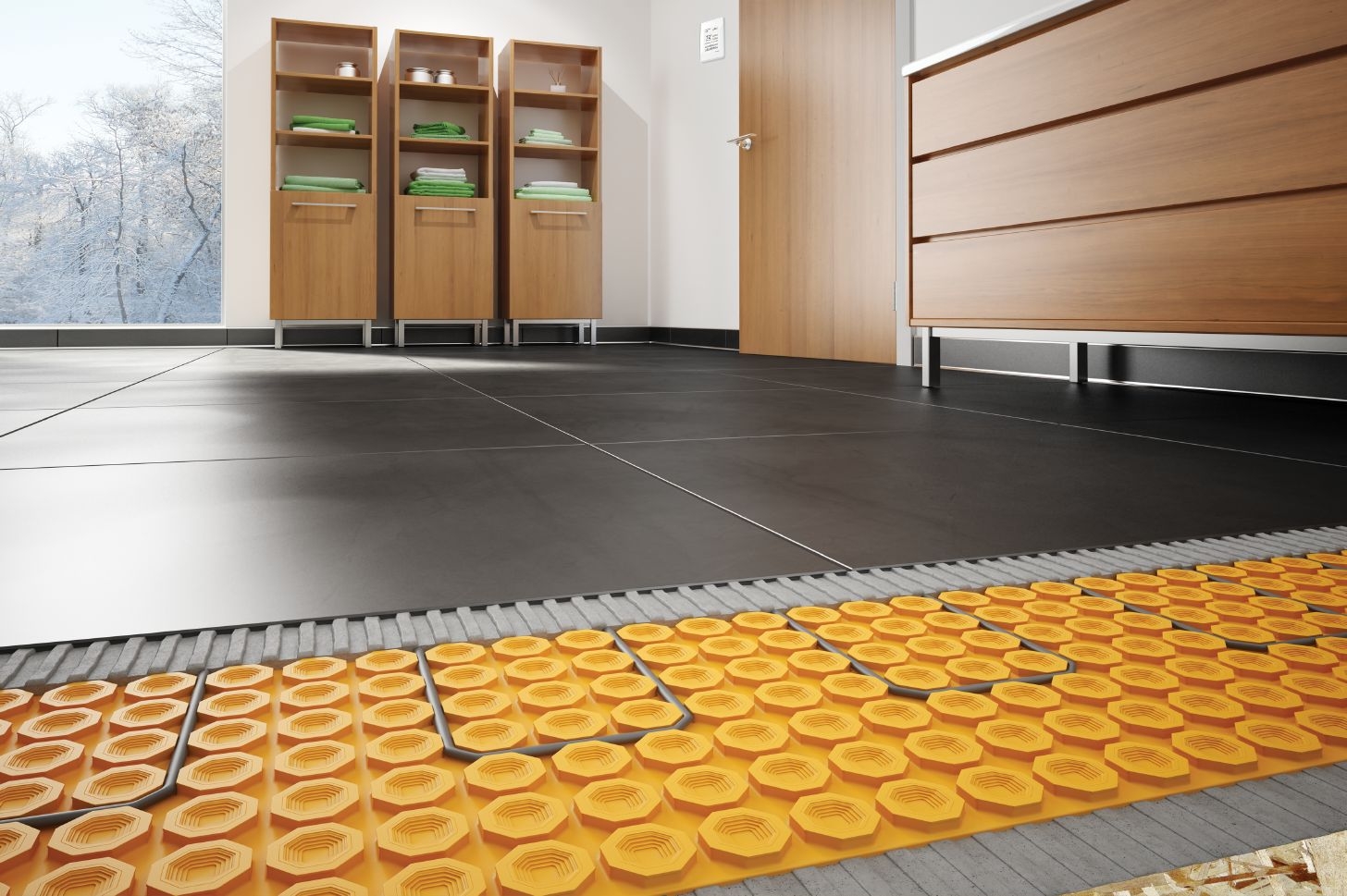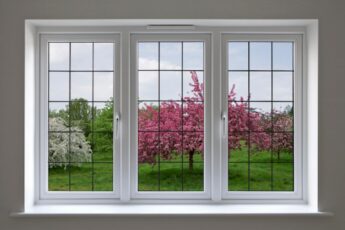The Role of Circulation and Filtration in Pool Maintenance
Maintaining a clean and safe swimming pool requires more than skimming leaves off the surface. One of the key elements in swimming pool maintenance is circulation and filtration. These processes work together to keep your pool water crystal clear and contaminant-free. Let’s dive into the role of circulation and filtration in ensuring your swimming pool remains a refreshing oasis all season long.
The Importance of Circulation
Imagine your swimming pool as a giant bathtub. Without proper circulation, the water would become stagnant, accumulating debris, algae, and other contaminants. Circulation moves water throughout the pool, ensuring that all areas receive adequate filtration and chemical treatment.
The primary component of circulation is the pool pump. This device pulls water from the pool through a skimmer and main drain, then pushes it through the filtration system before returning it to the pool through jets or returns. The pump helps distribute chemicals evenly and prevents stagnation by continuously circulating the water.
Regular circulation also helps to maintain consistent water temperature and chemical levels, creating a more comfortable and enjoyable swimming environment. Additionally, it helps prevent the formation of algae and bacteria by keeping the water moving and oxygenated.
To ensure effective circulation, it’s essential to run the pool pump for an adequate amount of time each day. The recommended duration may vary depending on factors such as pool size, usage, and weather conditions. Consulting with a professional or following manufacturer guidelines can help determine the ideal pump runtime for your swimming pool.
The Role of Filtration
While circulation helps move water throughout the pool, filtration removes impurities and particles from the water. The pool filter is the first line of defence against debris, dirt, leaves, insects, and other contaminants that can cloud the water and create sanitation issues.
There are primarily three types of pool filters: sand filters, cartridge filters, and diatomaceous earth (DE) filters. Each type has its advantages and is suitable for different pool sizes and requirements. Regardless of the filter type, regular maintenance is crucial to ensure optimal performance.
During filtration, water passes through the filter medium, where particles are trapped, and clean water is returned to the pool. Over time, the filter collects debris, reducing its efficiency and restricting water flow. Routine cleaning and backwashing are necessary to prevent clogs and maintain proper filtration.
In addition to mechanical filtration, some pool filters incorporate chemical filtration media, such as activated carbon or zeolite, to remove contaminants at a molecular level. These specialised filters can enhance water clarity and purity, especially in pools with high bather loads or environmental challenges.
Maintaining an Effective System
To keep your swimming pool water clean and clear, it’s essential to maintain both circulation and filtration systems regularly. This includes:
Regular Pump Operation: Ensure the pool pump runs for a sufficient duration each day to achieve adequate circulation. Monitor pump performance and schedule routine maintenance as needed to keep it running smoothly.
Filter Maintenance: Clean or backwash the pool filter according to manufacturer recommendations. Inspect the filter media for signs of damage or wear, and replace it when necessary to maintain optimal filtration.
Chemical Balance: Regularly test and adjust the pool water chemistry to ensure proper balance and sanitation. Balanced water chemistry helps maximise the effectiveness of filtration and prevents the growth of algae and bacteria.
Skimming and Cleaning: Remove leaves, insects, and debris from the pool surface regularly using a skimmer or leaf net. Vacuum the pool floor and walls to remove dirt and sediment that can accumulate over time.
By incorporating these practices into your swimming pool maintenance routine, you can ensure that circulation and filtration systems work effectively to keep your pool water clean, clear, and inviting. Remember, investing time and effort in proper maintenance now can save you from costly repairs and downtime in the future. So, dive in and enjoy your sparkling pool all season long!
In conclusion, circulation and filtration are essential aspects of swimming pool maintenance. They ensure that pool water remains clean, clear, and safe for swimming. By understanding the role of these processes and following proper maintenance practices, you can enjoy a refreshing oasis in your backyard for years to come.











Leave a Comment